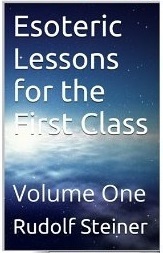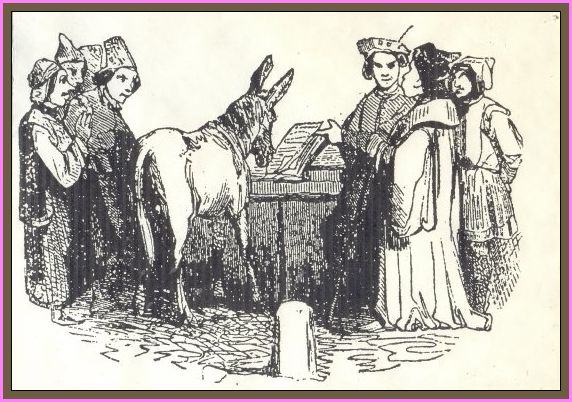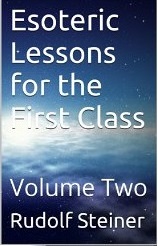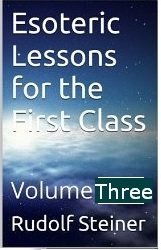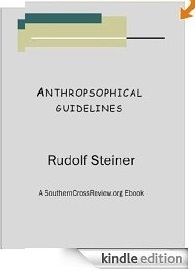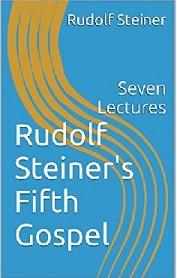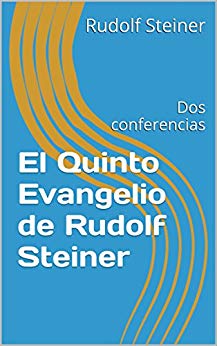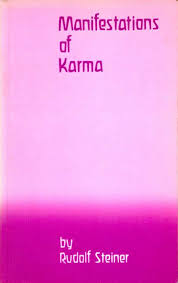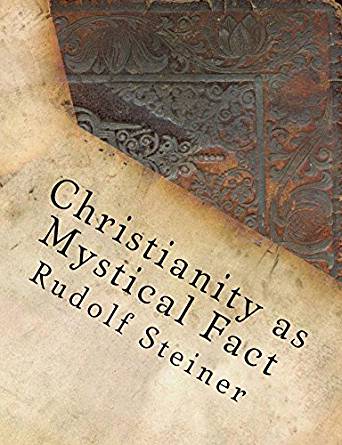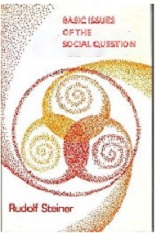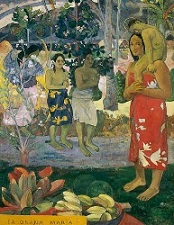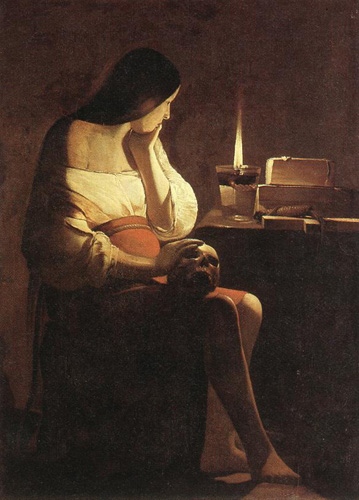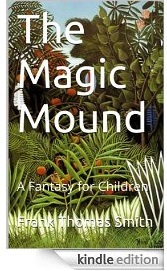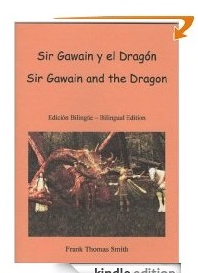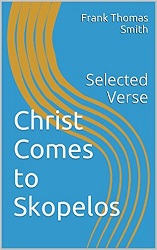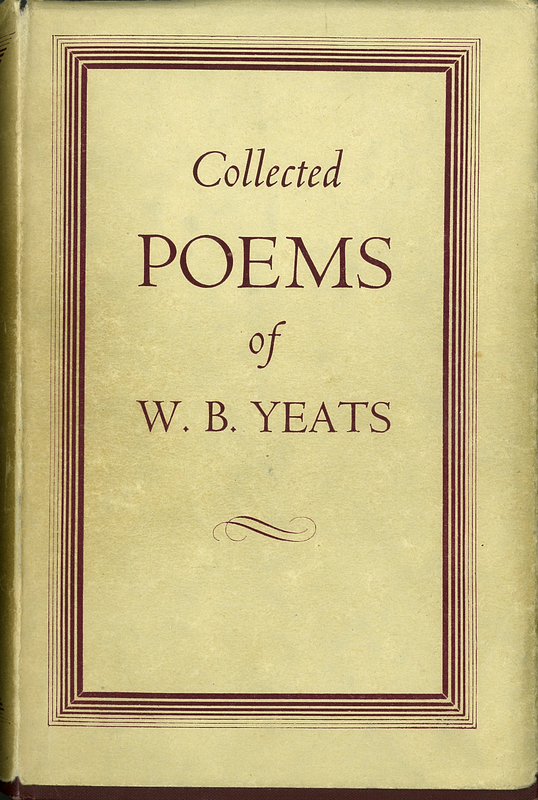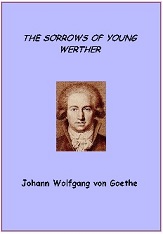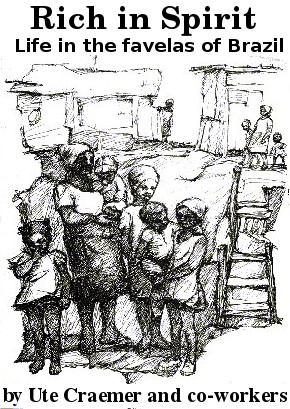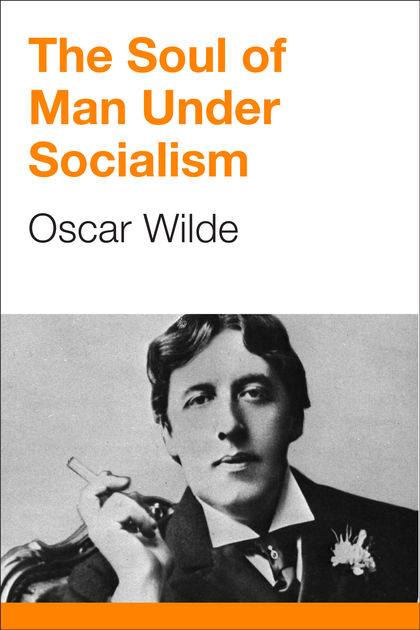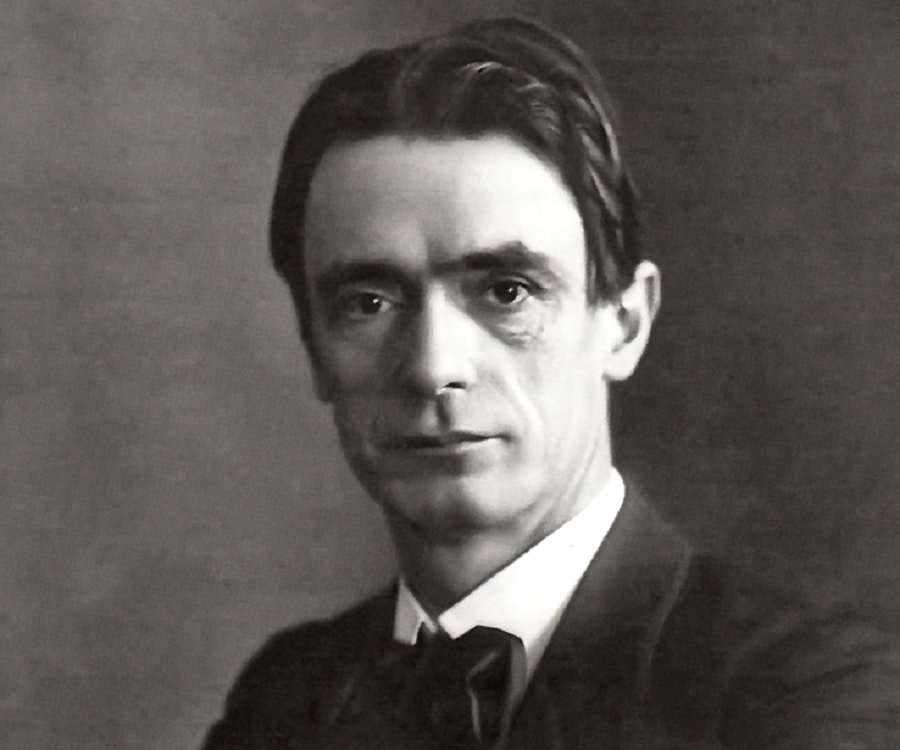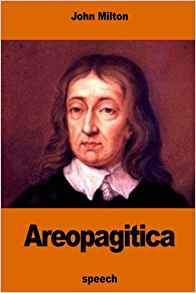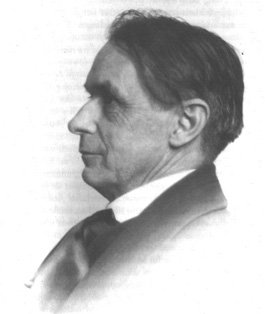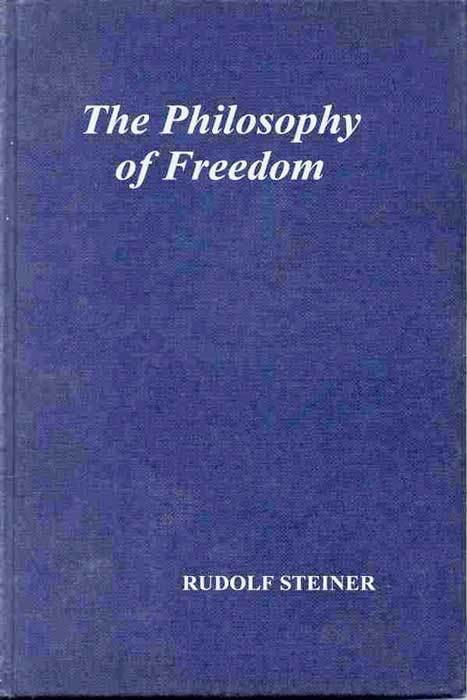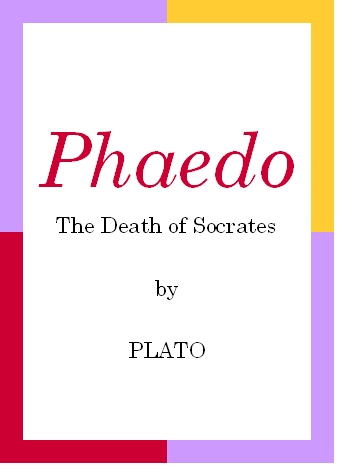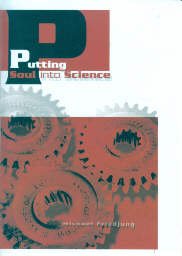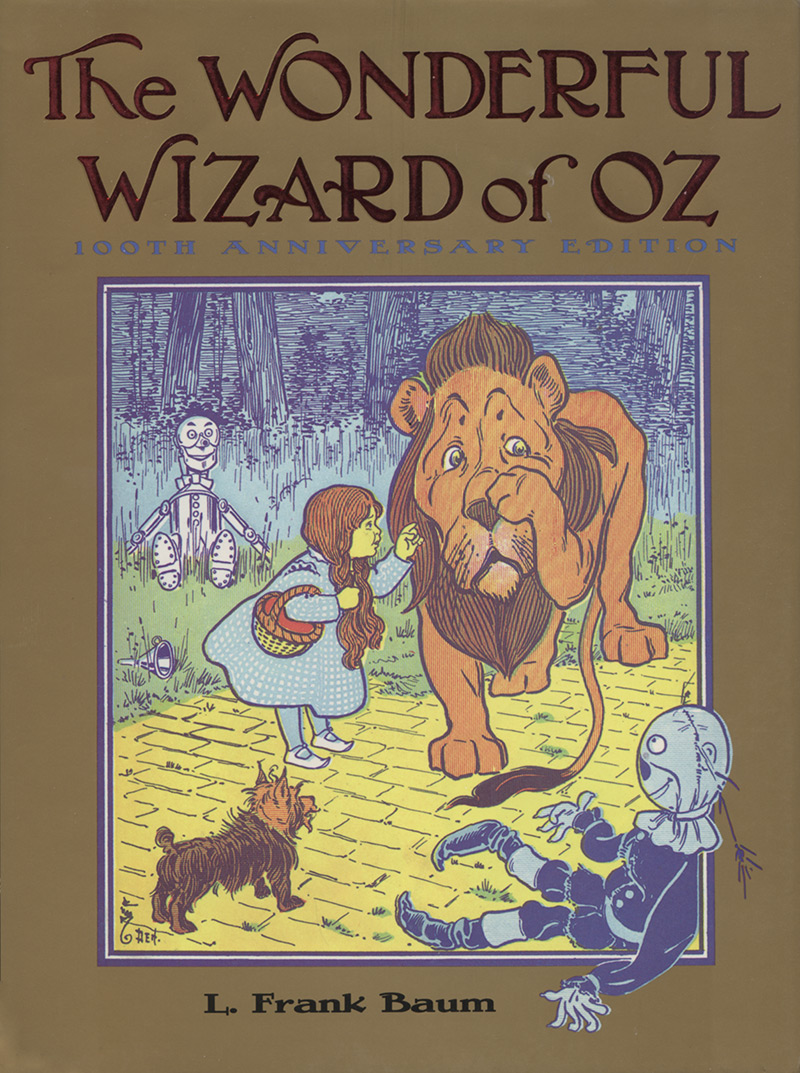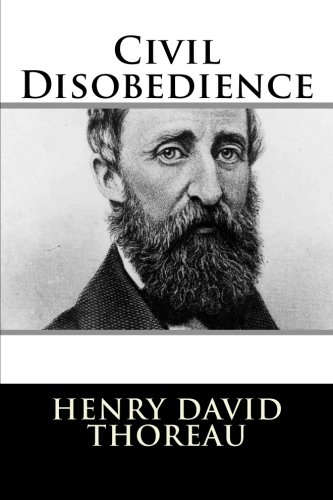
Civil Disobedience
by Henry David Thoreau
"Henry David Thoreau - July 12, 1817, Concord, Mass. - May 6, 1862, Concord, Mass.
Thoreau's essay "Civil Disobedience" later became the inspiration for the non-violent movements carried out by Gandhi and Martin Luther King.
American essayist, poet and practical philosopher, renowned for having lived the doctrines of Transcendentalism as recorded in his masterwork, Walden (1814), and for having been a vigorous advocate of civil liberties, especially anti-slavery, as evidenced in this essay.
Sheer chance made his entrance to writing easier, for he came under the benign influence of the essayist and poet, Ralph Waldo Emerson, who had settled in Concord during Thoreau's sophomore year at Harvard. By the autumn of 1837, they were becoming friends. Emerson sensed in Thoreau a true disciple--that is, one with so much Emersonian self-reliance that he would still be his own man. Thoreau saw in Emerson a guide, a father, and a friend.
With his magnetism Emerson attracted others to Concord. Out of their heady speculations and affirmatives came New England Transcendentalism. In retrospect it was one of the most significant literary movements of 19th-century America, with at least two authors of world stature, Thoreau and Emerson, to its credit. Essentially it combined romanticism with reform. It celebrated the individual rather than the masses, emotion rather than reason, nature rather than man. It conceded that there were two ways of knowing, through the senses and through intuition, but asserted that intuition transcended tuition. Similarly, it conceded that matter and spirit both existed. It asserted, however, that the reality of spirit transcended the reality of matter. It strove for reform yet insisted that reform begin with the individual, not the group or organization.
In Emerson's company Thoreau's hope of becoming a poet looked not only proper but feasible. Late in 1837, at Emerson's suggestion, he began keeping a journal that covered thousands of pages before he scrawled the final entry two months before his death. He soon polished some of his old college essays and composed new and better ones as well. He wrote some poems--a good many, in fact--for several years. Captained by Emerson, the Transcendentalists started a magazine, "The Dial", the inaugural issue, dated July 1840, carried Thoreau's poem "Sympathy" and his scrap of essay on the Roman poet Aulus Persius Flaccus.
The Dial published more of Thoreau's poems and then, in July 1842, the first of his outdoor essays, "Natural History of Massachusetts." Though disguised as a book review, it showed that a nature writer of distinction was in the making. Then followed more lyrics, and fine ones, such as "To the Maiden in the East." There followed another nature essay, remarkably felicitous, "A Winter Walk." The Dial died with the issue of April 1844. Before it expired, however, it let Thoreau publish a richer variety of writing than any other magazine ever would.
